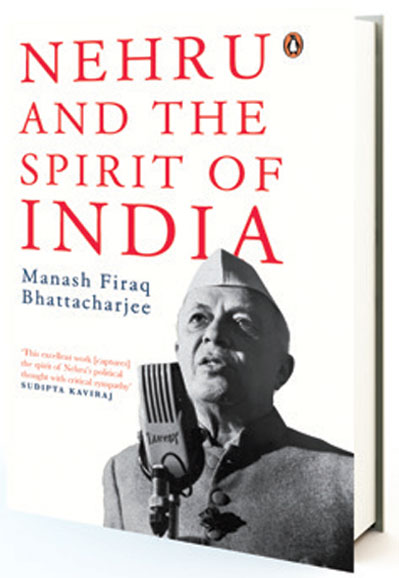The Politics of History
How Nehru sought unity in the diversity of Hindus and Muslims. An extract
Manash Firaq Bhattacharjee

Nehru understands the impact of Islam in India and of Indian Muslims as a flowering (and deepening) of a cultural identity that is unique. He writes in The Discovery, ‘An Indian Christian is looked upon as an Indian wherever he may go. An Indian Moslem is considered an Indian in Turkey or Arabia or Iran, or any other country where Islam is the dominant religion.’ One may ask: How vague or concrete is this Indianness of the Indian Muslim? One of the answers Nehru provides is:
The fierce monotheism of Islam influenced Hinduism and the vague pantheistic attitude of the Hindu had its effect on the Indian Moslem. Most of these Indian Moslems were converts bred up in and surrounded by the old traditions; only a comparatively small number of them had come from outside.
Ambedkar s
Subscribe To Force
Fuel Fearless Journalism with Your Yearly Subscription
SUBSCRIBE NOW
We don’t tell you how to do your job…
But we put the environment in which you do your job in perspective, so that when you step out you do so with the complete picture.







